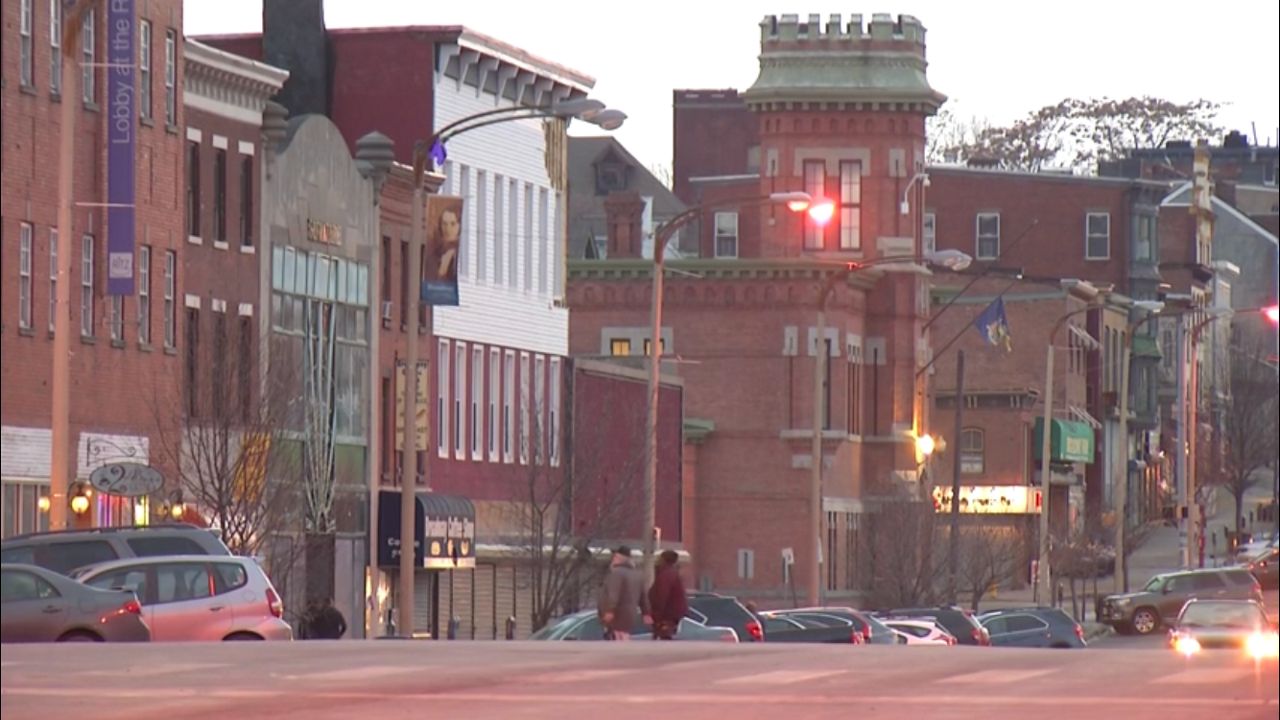If the novel coronavirus outbreak had happened one year earlier, Newburgh city officials would not have been as optimistic as they are now about the city’s solvency.
After a painful overhaul of city finances that required 25 layoffs of first responders in its 2020 budget, Newburgh is in a better position to handle a massive budget shortfall than are many other cities, City Comptroller Todd Venning told Spectrum News Monday during a phone interview.
In an April 10 memo to city council members, Venning projected that if the current state-mandated restrictions on businesses are relaxed by June 30, the city would be left with a budget shortfall of up to $11 million.
Venning estimates a sales tax revenue loss of up to $3.7 million and a property tax revenue loss of up to $5.5 million, though he noted in the memo that property tax payments may tick up if recently laid-off workers start to regain their jobs.
After adopting a barebones 2020 budget and auditing financial records that had not been updated in several years, the city more than doubled its unreserved general fund balance to just under $10 million, City Manager Joe Donat said, and that money may be used offset some or all of the city’s revenue losses from the economic shutdown.
“We may never understand what they were doing,” Donat said of past city administrators’ accounting practices that appeared to have underestimated expenses and overestimated revenue for several years. “It looked like there was continued cutting of corners...It doesn’t seem like it’s particularly any one person’s fault.”
Donat and Venning said that since they started in their positions, in November 2018 and February 2019 respectively, they have consistently submitted financial reports to the state and proved the city’s reserves were growing.
The Government Financial Officers Association recommends that a municipality have enough reserves to operate for two months.
Newburgh has enough reserves to cover the city for almost three months due to what Venning called an “enormous” unreserved fund balance.
“If you took us during COVID-19 last year, it would have really been a disaster,” Venning said. “We know our financial situation a lot better...the city of Newburgh is in a better financial place than probably most municipalities in the state.”
Should the economic shutdown persist and cause more revenue losses than projected, Venning expressed confidence that additional federal relief will be released to state governments to help the cities like Newburgh fill revenue gaps.
He also mentioned the possibility of financing some of the city’s shortfall through bonds.
Both officials said, as they receive solid second-quarter figures in the coming weeks, any next steps will be discussed with the City Council. When asked what cuts might be in order, Donat made clear that any discussion of potential lay-offs is not yet necessary.
“Are we looking at ways in which we can be smarter, more effective and more efficient with services being provided? Of course we are,” Donat said. “It’s a discussion that we’re having all the time, but none of those discussions involve or include reductions of the workforce.”



